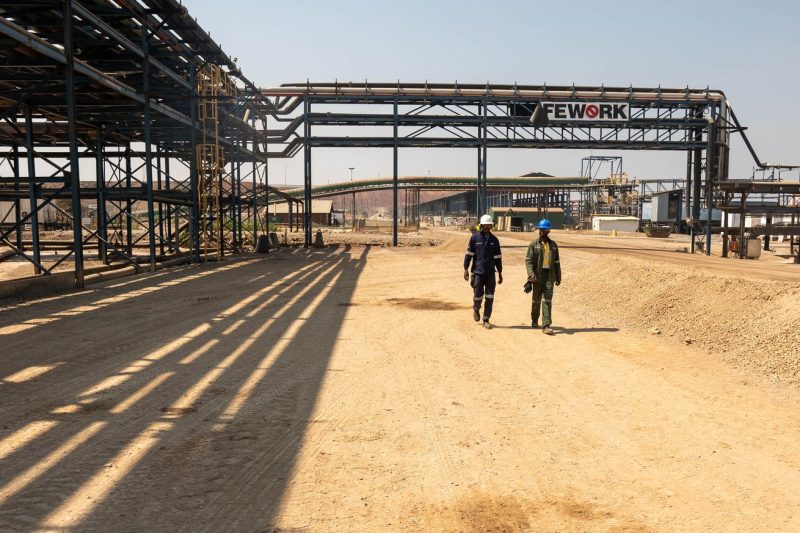The Electric Vehicle Industry: Addressing Human Rights Abuses
The global shift towards electric vehicles (EVs) is seen as a crucial step in reducing carbon emissions and combating climate change. However, the EV industry is facing significant challenges with regards to human rights abuses in its supply chain. Despite efforts to improve transparency and accountability, issues such as child labor, forced labor, and environmental degradation continue to plague the production of essential components for EVs.
One of the primary concerns in the EV industry is the mining of minerals such as cobalt, lithium, and nickel, which are critical for the production of batteries. These minerals are often sourced from countries with weak labor laws and inadequate enforcement mechanisms, leading to exploitative working conditions and human rights violations. Reports of child labor in cobalt mines in the Democratic Republic of Congo have raised serious ethical questions about the sustainability of the EV supply chain.
Addressing these human rights abuses requires a multi-faceted approach involving collaboration between governments, corporations, and civil society organizations. Companies must take responsibility for their supply chains and conduct thorough due diligence to ensure that human rights are respected at every stage of production. Transparency is key, and consumers have a right to know where the components of their EVs come from and under what conditions they were produced.
Furthermore, governments play a crucial role in regulating the industry and holding companies accountable for human rights abuses. Stronger laws and enforcement mechanisms are needed to prevent exploitation in the supply chain and ensure that workers are treated fairly. International cooperation is also essential, as many EV manufacturers operate in multiple countries and jurisdictions.
Civil society organizations and advocacy groups play a vital role in raising awareness about human rights abuses in the EV industry and pressuring companies to take action. By shining a spotlight on unethical practices and calling for accountability, these organizations can help drive positive change and create a more sustainable and ethical EV supply chain.
Ultimately, the future of the EV industry hinges on its ability to address human rights abuses and build a supply chain that respects the dignity and rights of all workers involved. Companies that prioritize ethical practices and demonstrate a commitment to sustainability will not only enhance their reputations but also contribute to a more just and equitable world. By working together towards a common goal of improving human rights in the EV industry, we can create a cleaner and more sustainable future for all.


























